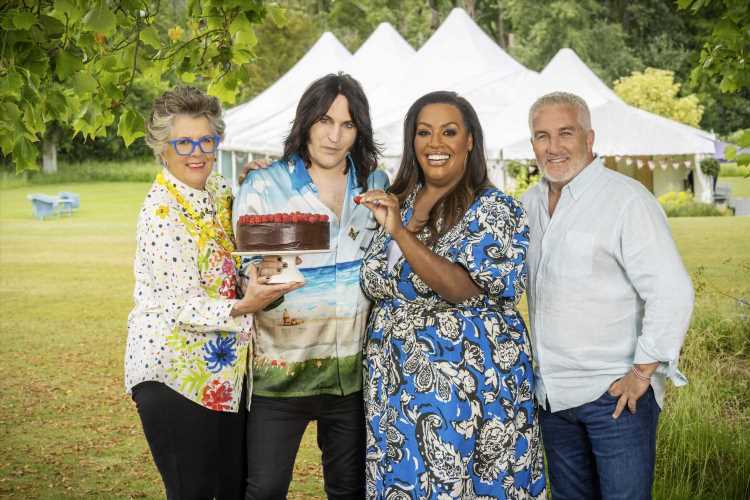Have you ever tolerated someone’s bad behaviour longer than you should have, because they were hot?
If so, you might have let your mind be overcome by the halo effect.
And it’s a common experience – Jazz Denike, a twentysomething working in PR, admits: ‘I definitely let this man breadcrumb me for weeks because I thought he was so hot.
‘This other guy I dated for a few months in 2021 – I still lament about how hot he was – he was so rude to people, which I hated but then I’d just be so enthralled by how attractive he was.
‘I didn’t even see that he wasn’t kind until I was somewhat vulnerable to him myself and realised how vapid he was. It was a huge learning experience for me.’
Jessica, who doesn’t want to share her real name due to the experience she had, also let herself be wooed by a man that was better looking than average.
‘When I lived in Berlin, I met a super super handsome man working as a model and we had a short-lived romance,’ she says.
‘When I asked him about his sexual health status after spotting a blister-like patch on his penis, he told me he just hurt himself there and was clean – I believed it! Later I found out he’d given me herpes. It was a horrible experience, and after all of that he ghosted me.
‘Honesty, I would have spotted all the red flags at first but his looks and money flashed me and so I didn’t think clearly. I’m still a bit traumatised by it.’
This takes us to the halo effect.
While plenty of things are also going on in the brain that impact our dating choices, the halo effect is a phenomena in which if someone has one positive trait off the bat – like being conventionally attractive – then we believe they will have other positive traits.
This effect changes your perception of the people around you 😇 #thehaloeffect #psychology #psychologyfacts
Ali Abdaal on TikTok explains this can happen when we’ve just met someone, and we may assume they will be intelligent or kind based on that first good trait.
In dating contexts, looks are usually what we first have to go on – so this is often what starts the halo effect chain, similar to pretty bias. Although, the halo effect takes place in all walks of life, from school to work.
Lucy Beresford, a practising psychotherapist, says: ‘It works on a pre-verbal level, left over from the days when we had to make snap judgements about whether people were safe or not, part of our tribe or not.
‘Our brain focuses on visuals, like attractiveness, or body language, before digging deeper.
‘It might influence whether we even give someone a chance.’
This will likely also impact upon other issues, such as racial biases and ableism, as these snap judgements will serve those deemed most ‘conventionally’ attractive first and foremost.
‘So we might be missing out on the perfect partner for us,’ Lucy adds.
‘Also, it might make it harder for us to walk away from someone we have started dating, because we have created a superior version of the relationship in our head.’
Being aware of the halo effect is the first step in overcoming it. Lucy says it’s good to question where your opinions of someone have derived from, and to then keep your feet firmly on the ground – instead of being instantly swept away.
‘By bringing this concept to consciousness, we then have a choice whether to give in to it when we meet people,’ she says.
‘Refine your intuition, by recalling when you have made good or bad assumptions about someone.
‘Give yourself permission to dig deeper, to give people the benefit of the doubt, and to resist making snap judgements.’
Do you have a story to share?
Get in touch by emailing [email protected].
Source: Read Full Article



